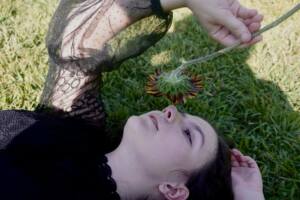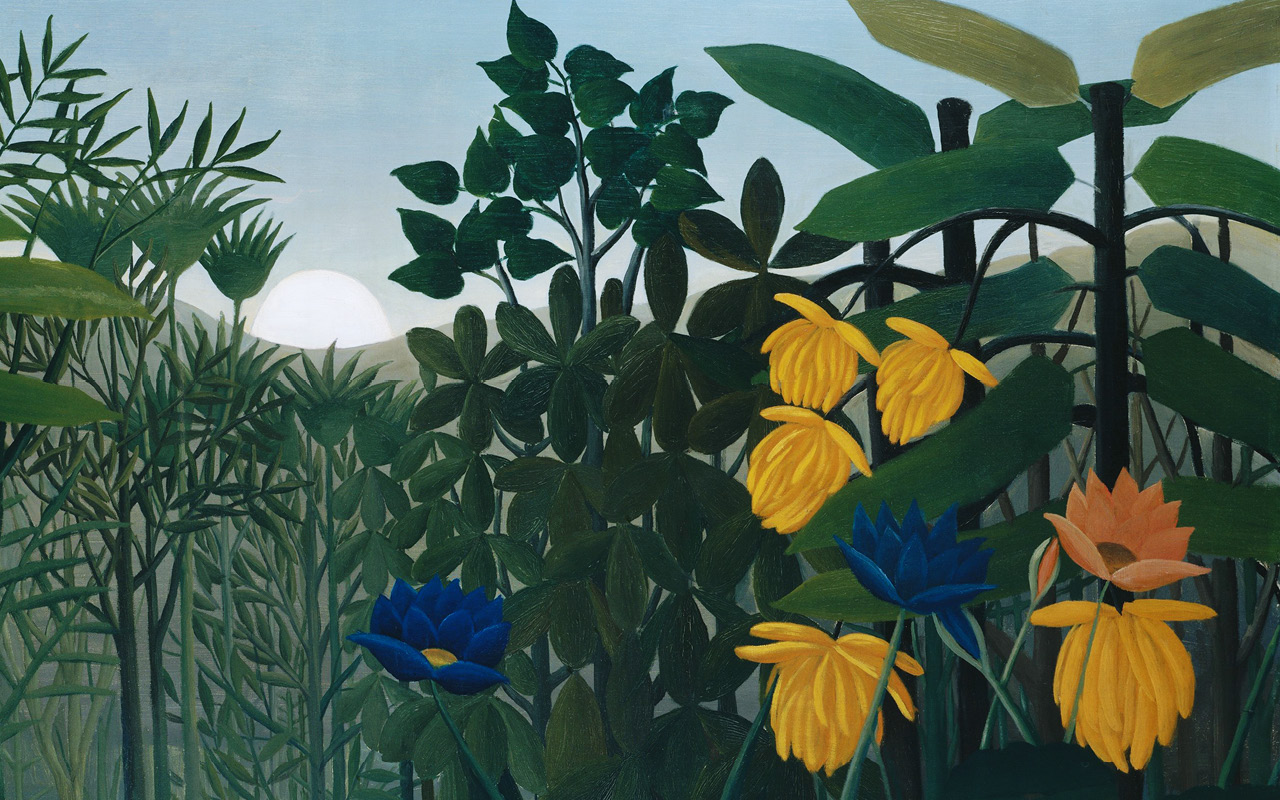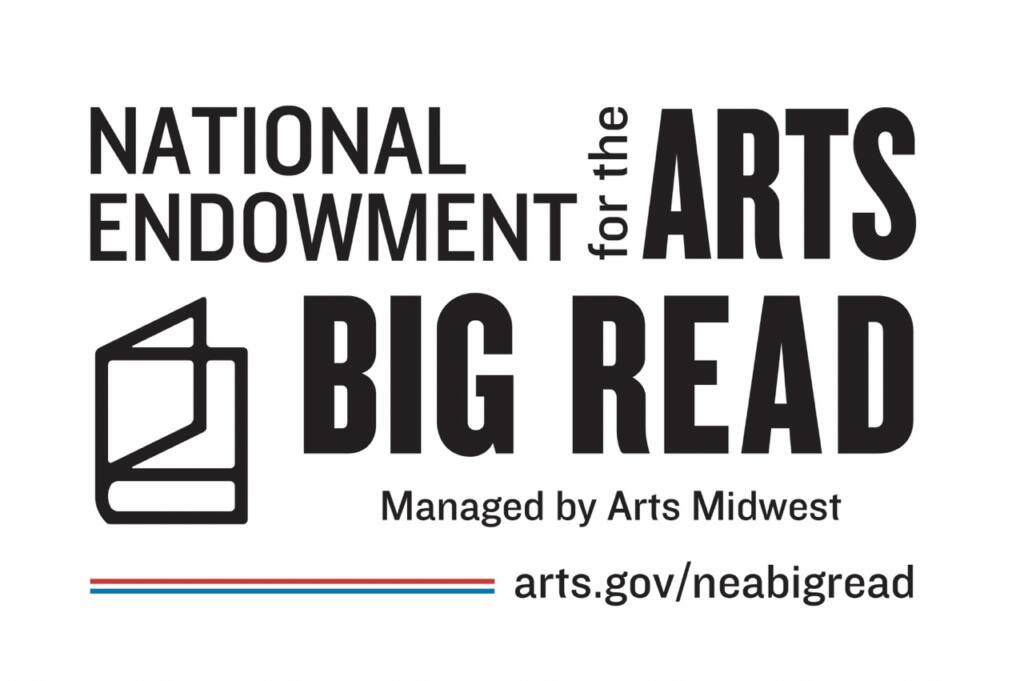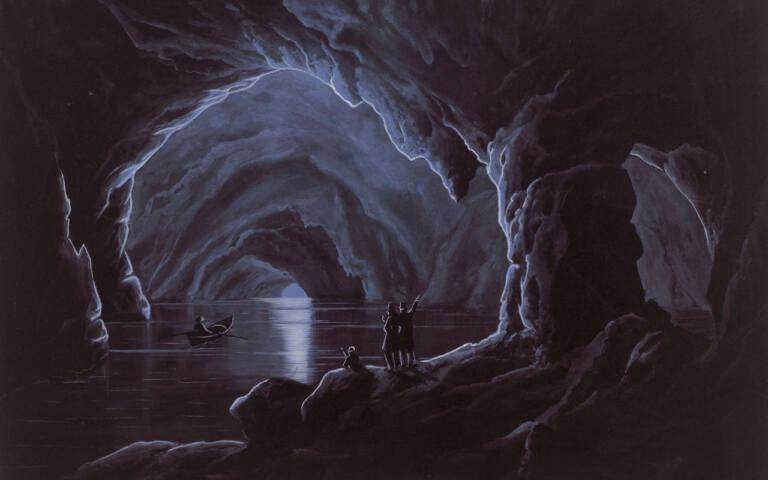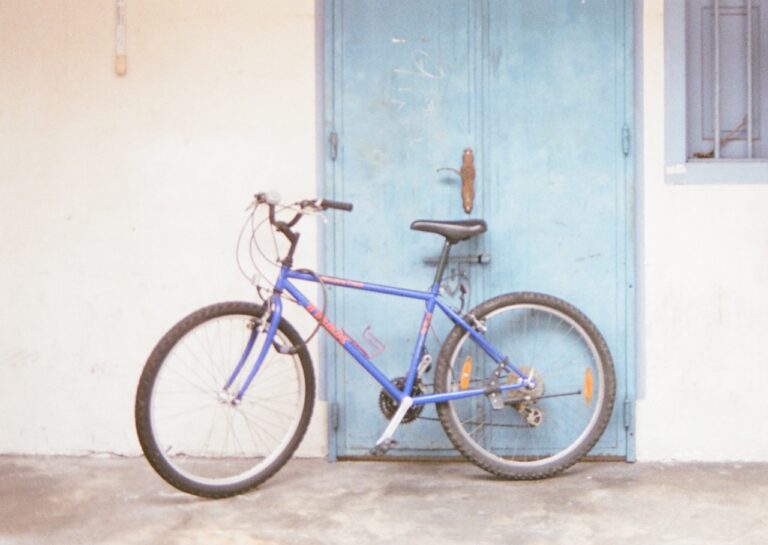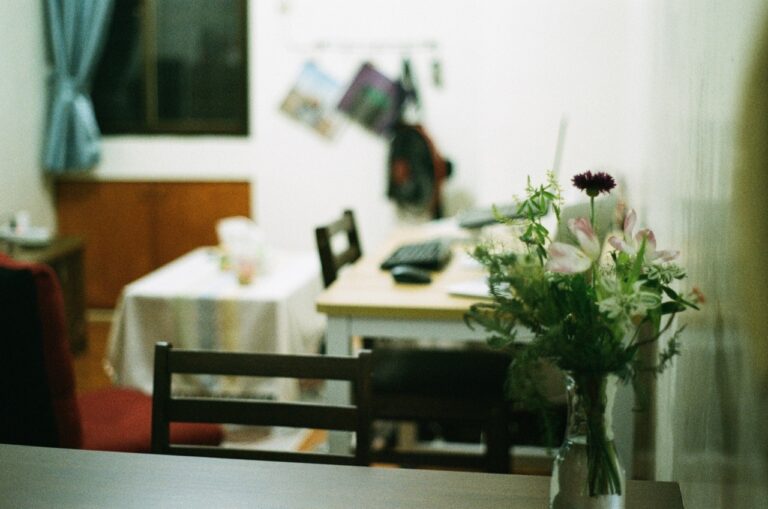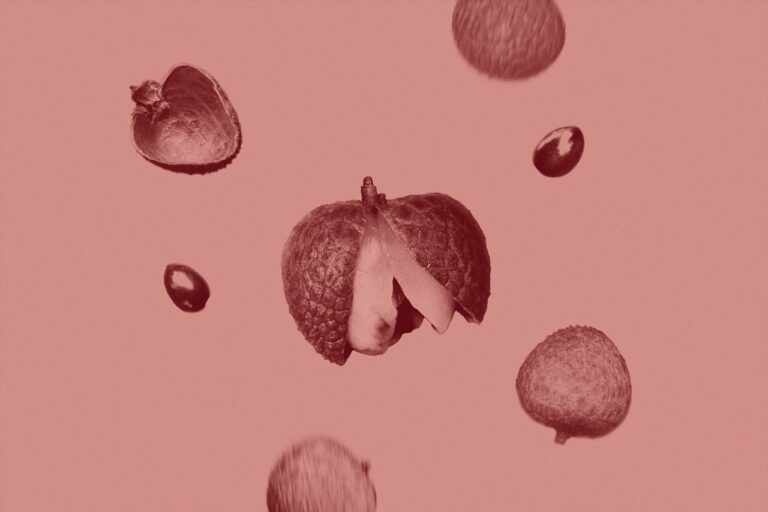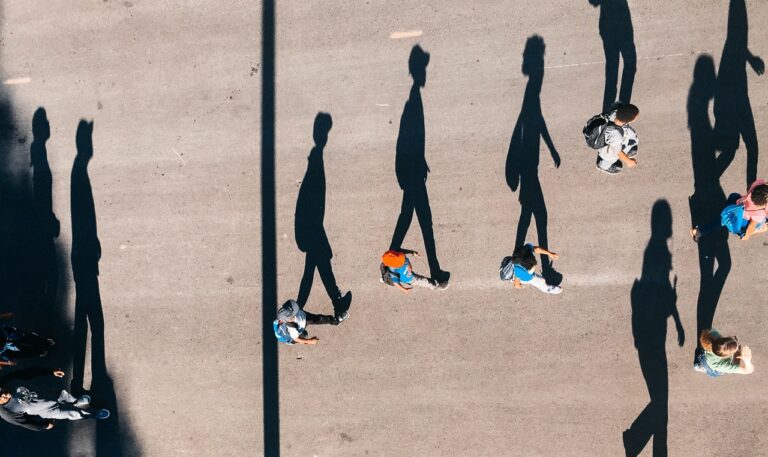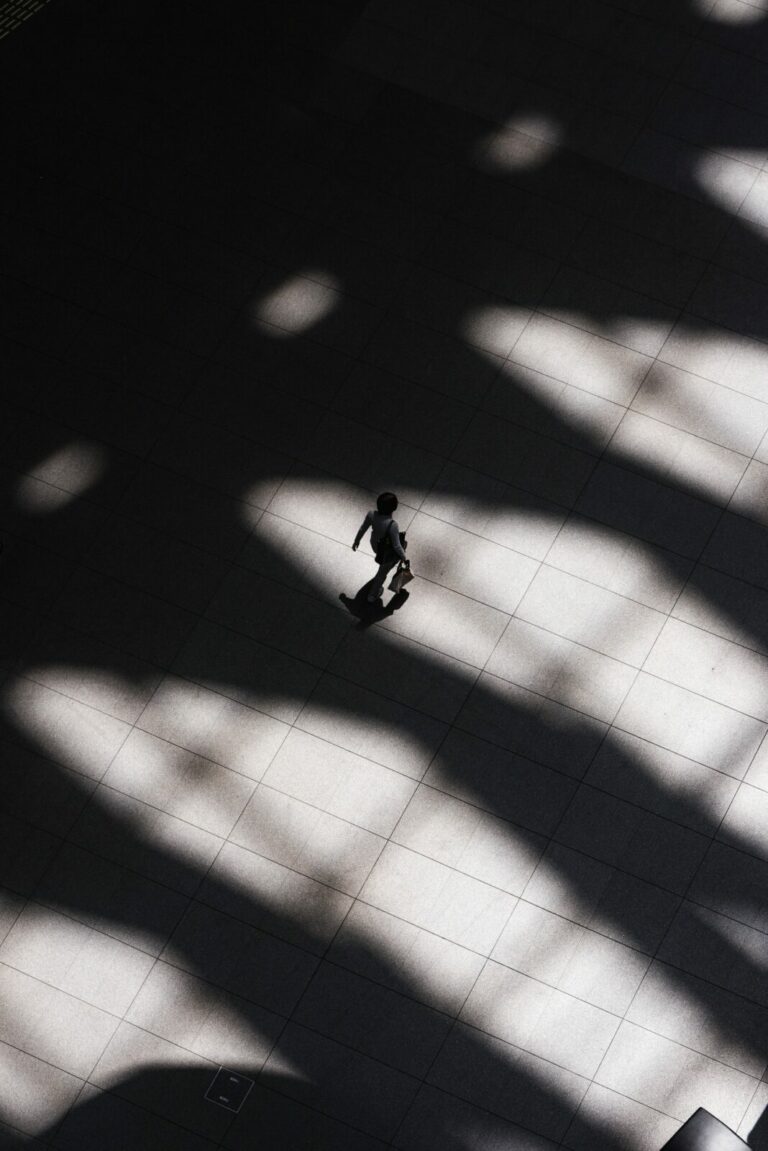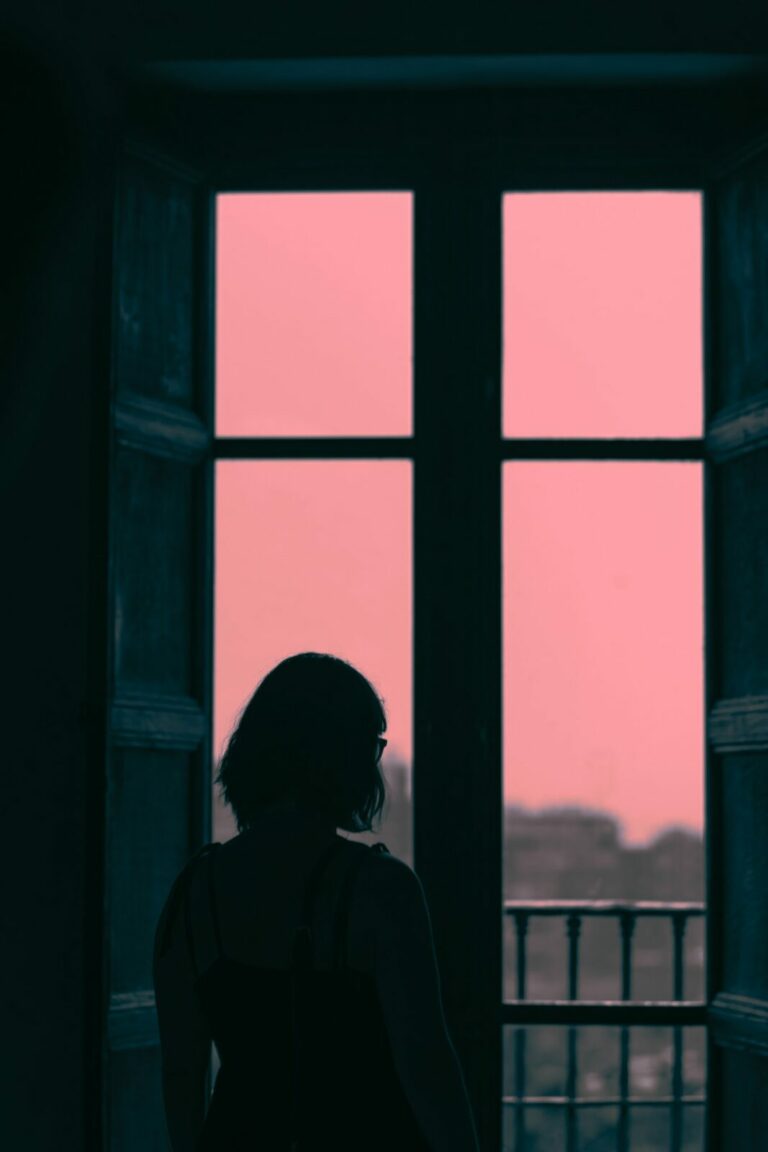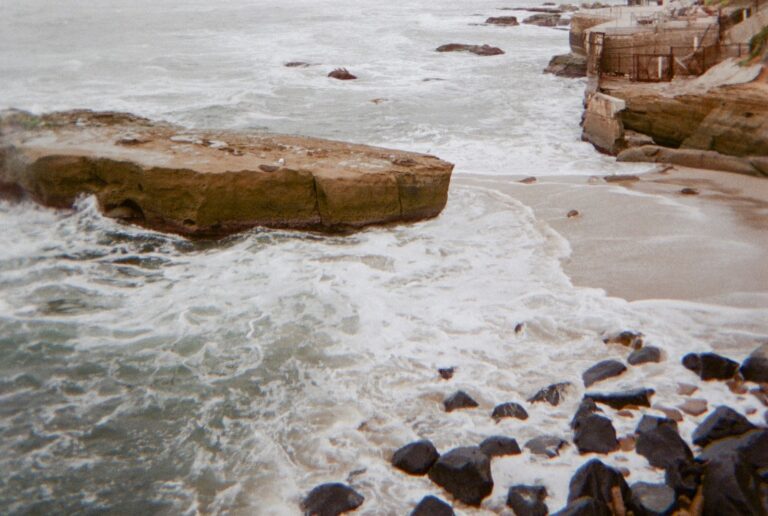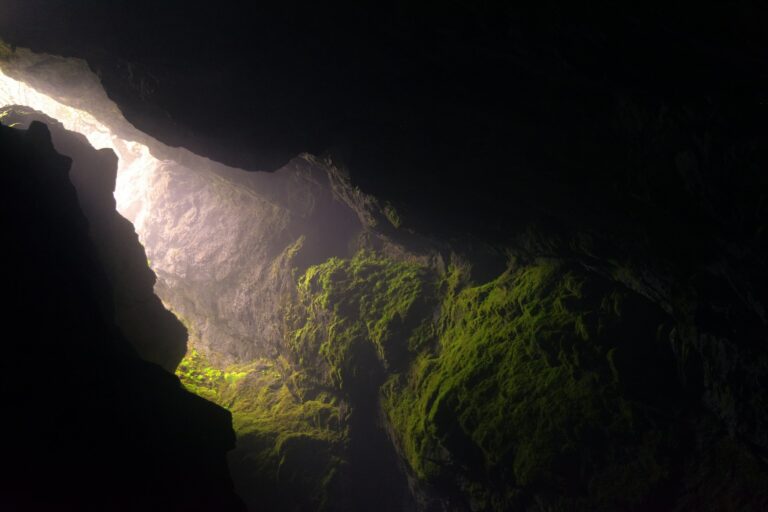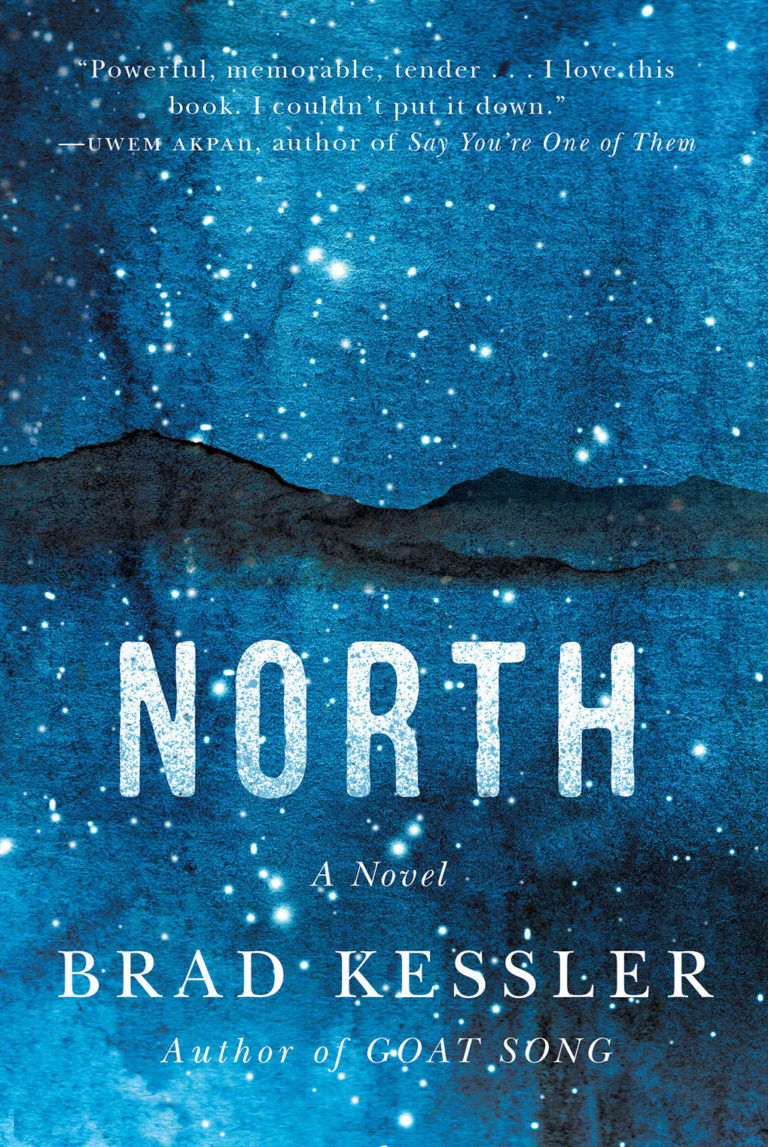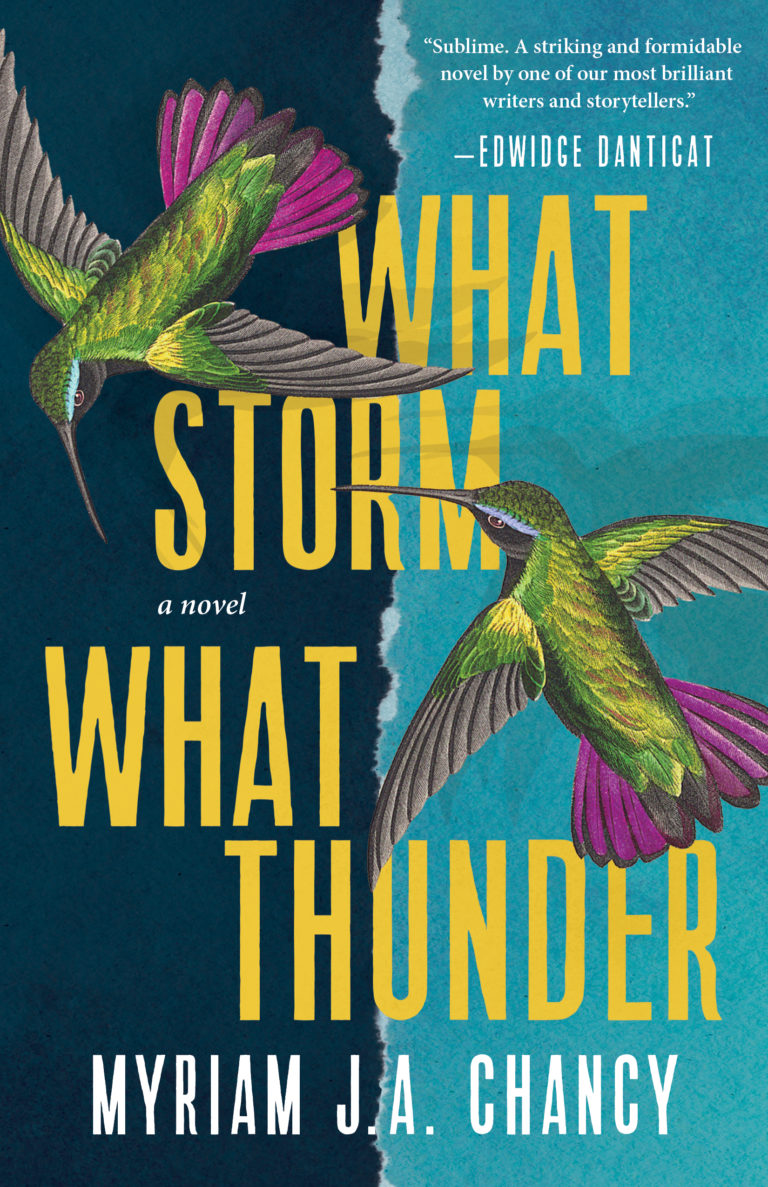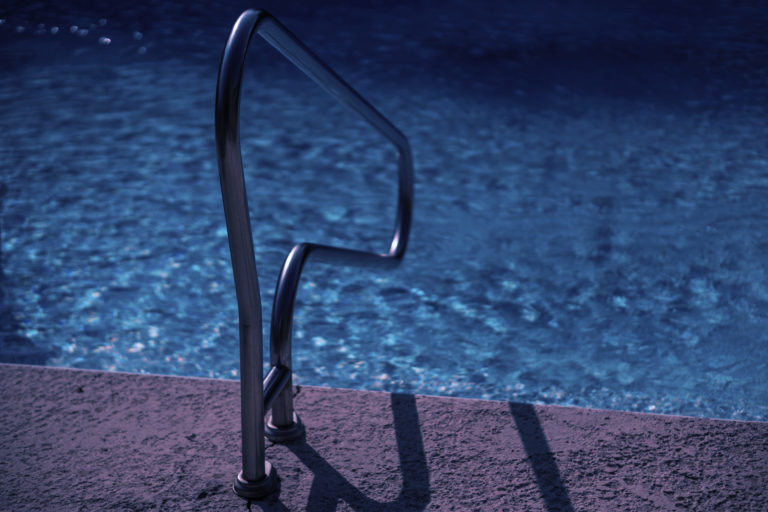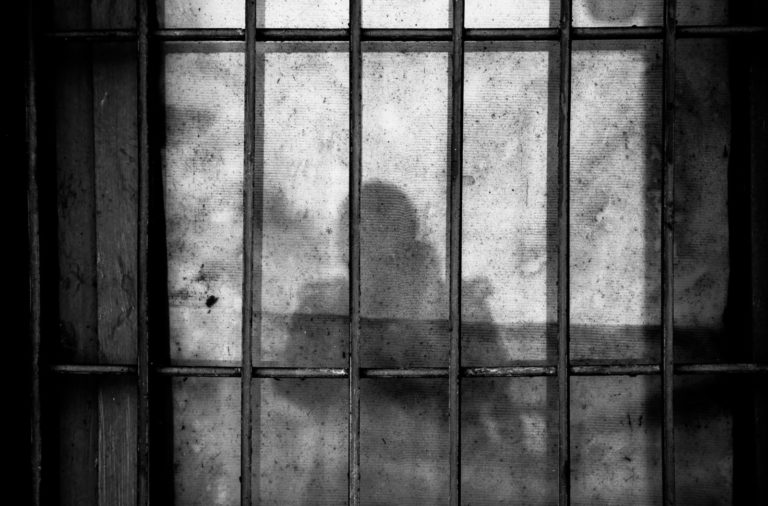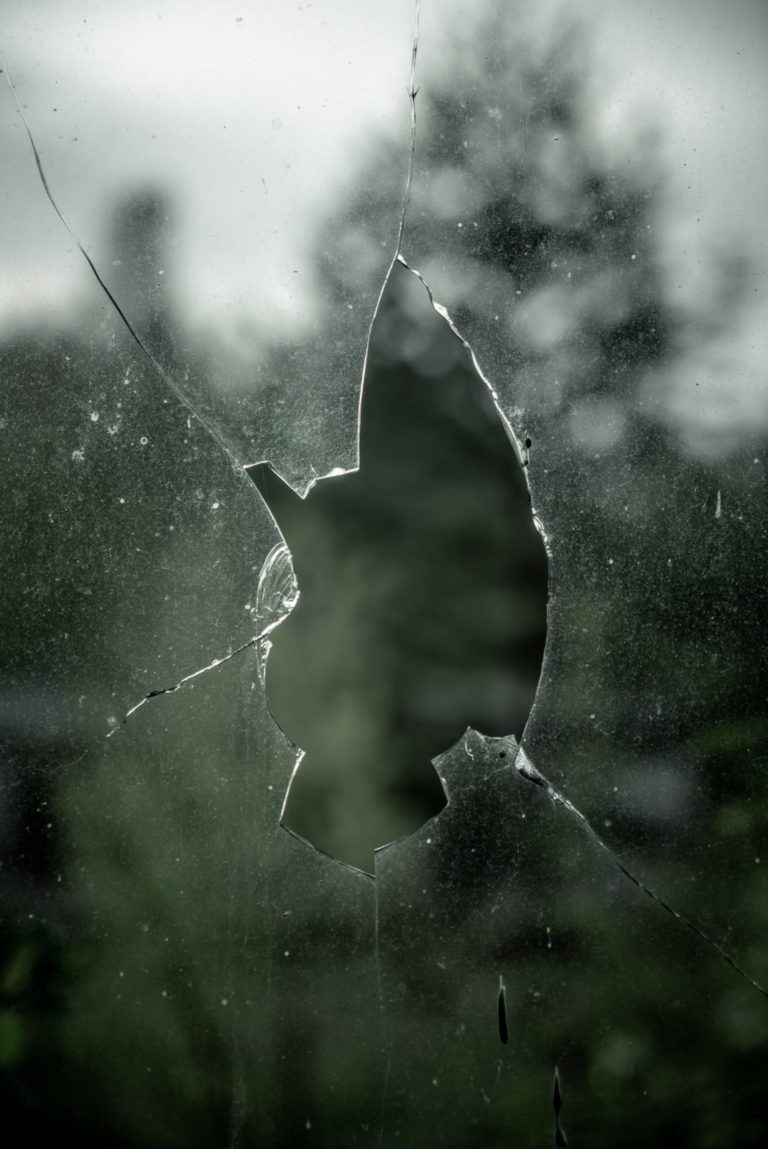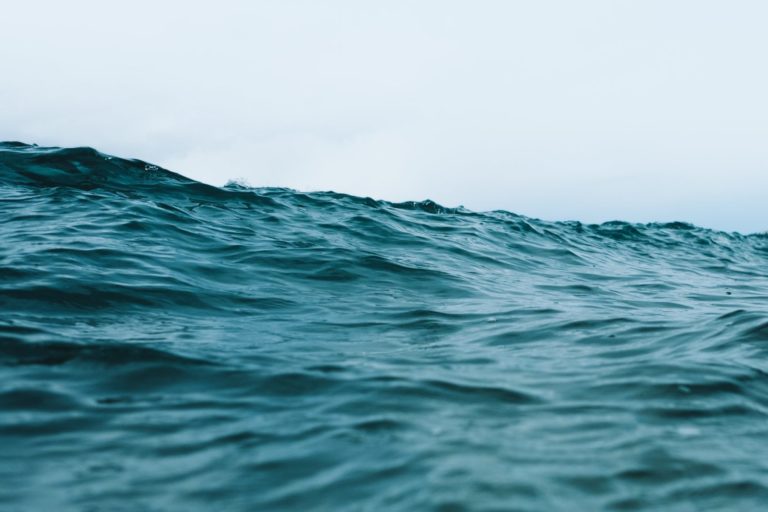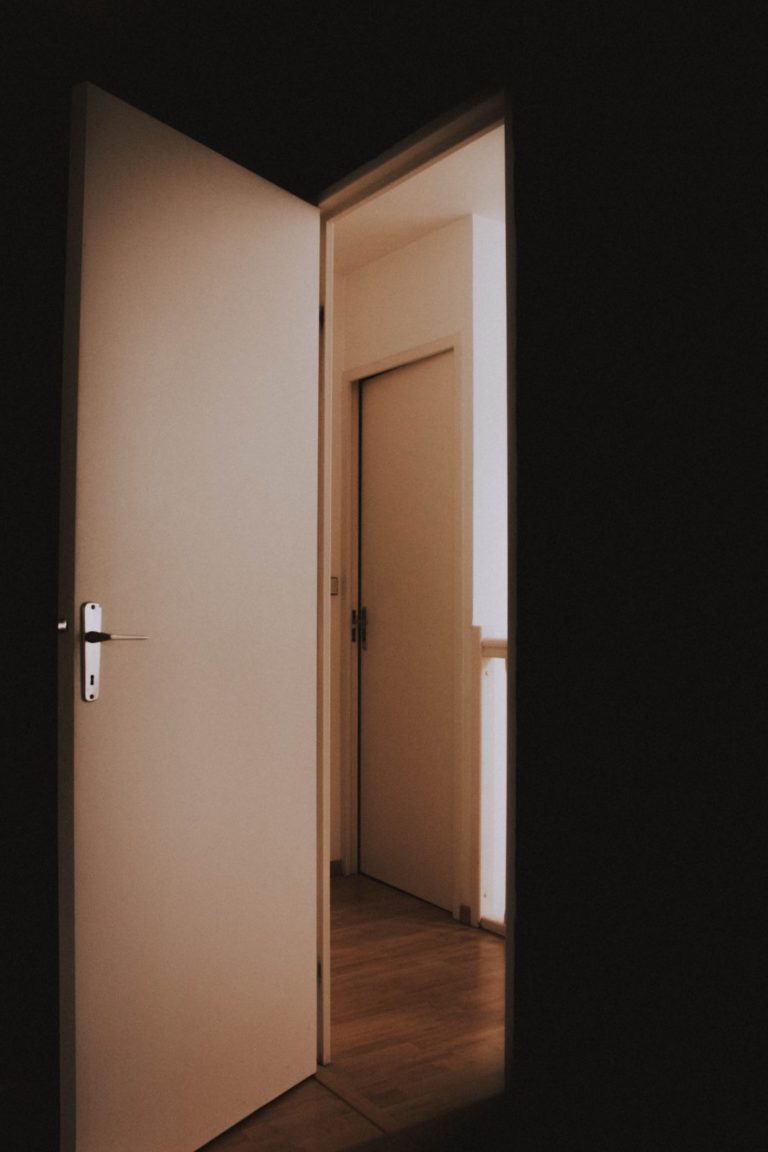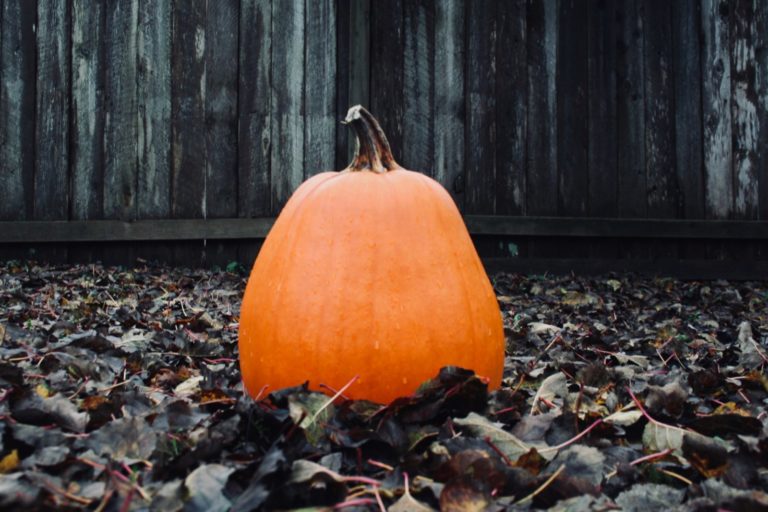The second-place winner of our Summer 2024 National Teen Storyteller Contest. We invited young writers to share a story that Reimagines Classic Myths. This contest is part of our 2024 NEA Big Read initiative, made possible through a grant from the National Endowment for the Arts, in celebration of Madeline Millers's Circe.
When Icarus was little, he never got tired of trees. Leaves changed color, fell off, crunched under his feet, and were green again by summer. When he was very young, sunlight was the only thing that ever calmed him. When his mother held him, it was with the same warmth sunlight promised–the confidence he would never be cold, ever again.
His father was a great scientist, always locked up in his workshop. He was inventing something, Icarus’ mother would say, something to save the world. The same world that Icarus loved so much.
They were good years, but they were early, and memory did not hold them well. Above them was that gray shimmer of falseness that takes over memory after a while–that made him wonder whether the sun ever actually warmed him, or his mother ever actually held him in her arms.
When Icarus’ mother died, his father moved to a laboratory, where he worked all day without stopping, and Icarus went with him.
Dr. Daedalus Gall–as it read on the plastic name tag by his bed–spent long hours drawing maps of atoms and watching birds try to escape their cages. Icarus tried to watch but was bored.
Why are they in cages? He asked.
So they don’t fly away. His father replied.
He sat by his father’s side and talked. He watched him build great robots and monsters, and when he asked, was taught how. His father told him he was skilled at woodcarving, and he took the compliment to heart. There was rarely a moment where his hands were not working on something. He had his father’s mind that way, but nothing Icarus made had any use. His father tried to persuade him to make something useful, but Icarus had no mind for it. Daedalus was an inventor, and Icarus an artist, and this was something neither of them understood about the other.
Daedalus was visited daily by a man who seemed important. They would talk in hushed voices behind closed doors. Monsters, he heard. Atoms. Birds in Cages.
In Icarus’ eyes, his father’s best invention was a giant mechanical angel. She was copper, fully formed, lifelike, with wings that actually flapped. The wings were Icarus’ favorite part. He could watch them for hours, staring transfixed upon the movement of the metal, the deep whirring sounds of the gears.
The laboratory was simple. They had enough–coal for the fire, wax for the candles. Daedalus never used electricity unless strictly necessary. The simplest materials are the best, he said. He swore by it. The ground was gray slate, their bed a pillow and blanket.
Icarus learned early that people liked him best when he stayed out of sight. He spent a lot of time by the railroad track that ran through the center of the laboratory. His father forbade him from crossing it, but he found good hiding places–often he sat below the platform, observing the trains, figuring how they worked. He asked his father to build him one. He said no.
Icarus listened to conversations, too, hushed whisperings above him. Inventors, like his father. Across the tracks, the other platform was empty. Daedalus told him it belonged to the man who ran the laboratory–Minos. His daughter was called Ariadne. People whispered about her, too.
She was only a name, until she arrived at Icarus’ door for dinner.
They sat on the floor and ate their meal. It was simple, but she acted like she had never known anything better in her life. She looked out of place in the dirty workshop. Her clothes were ironed, and her necklace shimmered, strung on golden thread.
She came over often. They played together as Daedalus worked. There was a greenhouse on the end of the laboratory where there were plants and even trees–a whole orchard of apple trees.
Their afternoons were spent playing games and making up stories. She was a princess in all of them, and played the part so believably he began to wonder if she actually was. She spun stories upon stories, and Icarus held onto every word. Her voice was made of wonder, as if the world lived underneath it, and she was its messenger.
“She has a good imagination,” Daedalus chuckled once, “I’ve never had much of one. It’s the worst thing, a terrible imagination.”
Most of all, they danced. Ariadne was always a dancer. She was like his Angel, her movement captivating and beautiful. Only hers was different–human, never mechanical. Sometimes she was Cinderella at the ball, and he was her prince. Or else she was the heiress of some distant land, and he some unnamed gentleman who could do nothing but dance with her all night. He would have, too, had the clock not struck twelve, and she not been called home by her father strictly by seven-thirty.
There were nights she did not take him to the greenhouse, and nights when she did not come at all. But those were gaps in Icarus’ mind; strange happenings that meant nothing in the swirl of sweet apples and princess stories.
They spent long summers plotting dances and conspiracies. Once, a firefly flew in, and they both tried catching it. It became a competition–Ariadne won. In the spring and fall, they watched rain patter against the windows, and the raindrops race each other to the ground. In winter, they watched raindrops turn to snow and build up against the wall. It was never cold in the greenhouse. Icarus pressed his warm face against the hazy window to feel it. Ariadne laughed at him.
This was Icarus’ childhood, and it glittered, with all its fireflies and apple orchards. This is what he would remember from those days. The gold of Ariadne’s hair, and the sound of rain falling heavy against the greenhouse walls.
NEA Big Read is a program of the National Endowment for the Arts in partnership with Arts Midwest.
